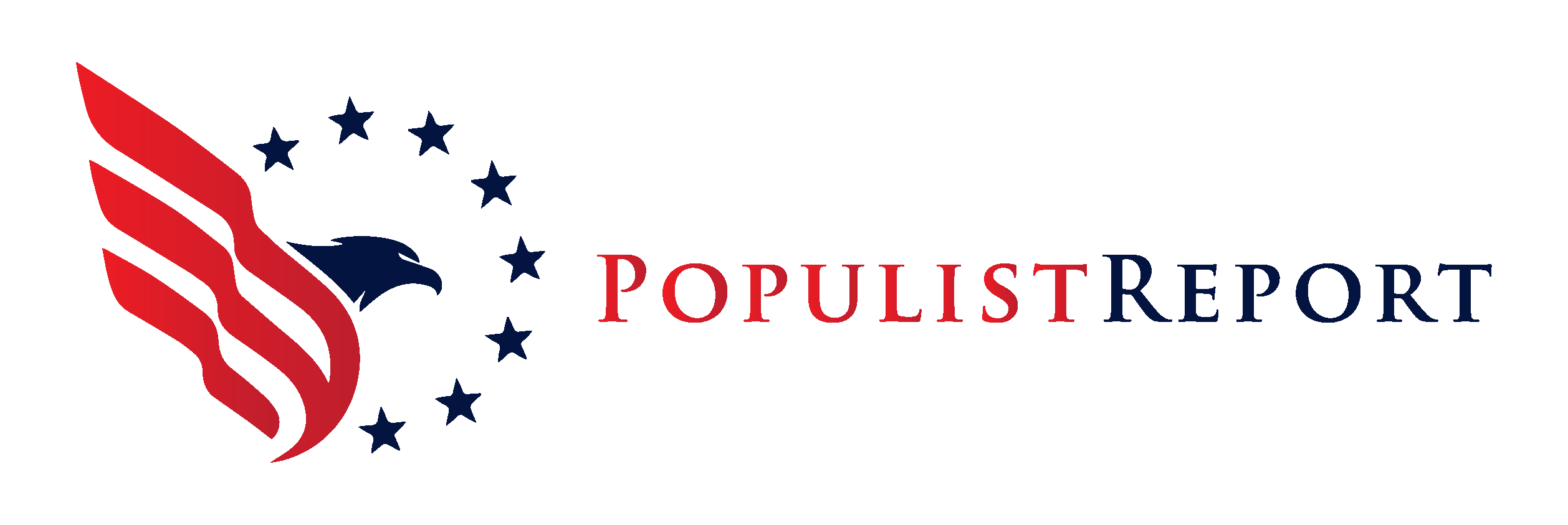The Biden administration has quietly extended liability protections for COVID-19 vaccine manufacturers, healthcare providers, and other related parties through 2029, stirring up renewed controversy over accountability and government overreach. These protections ensure these groups remain shielded from most lawsuits tied to COVID-19 vaccines and related medical measures, continuing a policy originally implemented under the Trump administration. While proponents argue this move is essential for fostering innovation and maintaining public health readiness, critics view it as yet another example of the government prioritizing corporations over individuals. The extension raises eyebrows, particularly given that it comes long after the official public health emergency ended.
Health and Human Services Secretary Xavier Becerra signed off on the extension, making it one of the longest liability shields under the Public Readiness and Emergency Preparedness (PREP) Act. The PREP Act was designed in 2005 to provide legal immunity for companies developing medical solutions during public health emergencies, encouraging swift action without fear of crippling lawsuits. While that logic may have made sense during the height of the pandemic, extending these protections for an additional five years invites questions. What exactly is the administration preparing for, especially now that the official COVID-19 emergency was declared over in May 2023?
The Biden administration justified the move by citing a “credible risk of a future public health emergency,” though critics are skeptical about the vagueness of this claim. By extending liability protections, the administration effectively ensures that vaccine manufacturers and healthcare providers remain untouchable in the face of potential side effects or complications. While this may ease corporate concerns and encourage production during crises, it leaves individuals who suffer vaccine-related injuries with little recourse. Instead of providing clear pathways for accountability, Americans are left to navigate a labyrinth of government compensation programs that often fail to deliver justice. Unsurprisingly, calls to reform or repeal the PREP Act altogether are gaining traction among critics who see it as lopsided in favor of corporations.
During the pandemic, the PREP Act’s reach was expanded to include telehealth providers and pharmacy technicians, which helped speed up vaccine distribution, particularly in rural and underserved areas. Nearly 90 percent of Americans live within five miles of a pharmacy, making these changes a practical move for improving access. The administration and its allies have touted these efforts as victories for public health and cost savings. However, others argue that this expansion only highlights a broader trend: the government outsourcing its responsibilities to private entities while leaving individuals stranded when something goes wrong.
As the debate over the PREP Act continues, it exposes a deeper divide between those who see legal immunity as a necessary tool for innovation and those who view it as a corporate shield at the expense of public accountability. The extension may be marketed as a step toward safeguarding lives, but many Americans are left wondering when protecting corporate interests became more important than ensuring justice for the public. For all the talk of “saving lives,” this policy feels like yet another example of a government more concerned with appeasing powerful interests than addressing the needs of everyday citizens.

